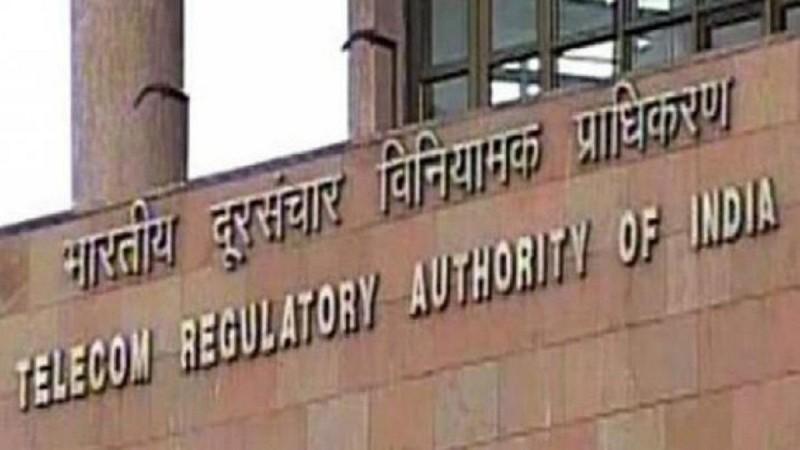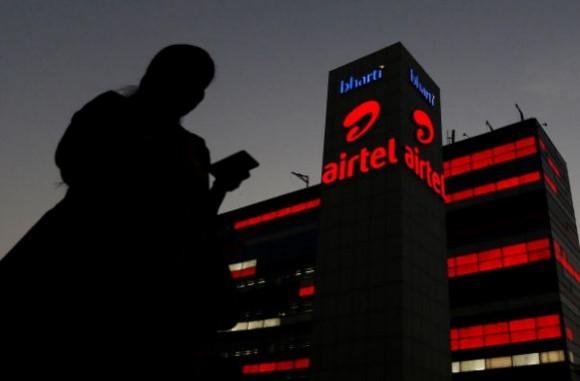
Telecom Regulatory Authority of India (TRAI) has extended the deadline for access service providers to comply with its directive regarding the whitelisting of URLs, APKs, and OTT links. The original deadline was set for September 1, but in light of issues raised by access providers, TRAI has granted a one-month extension, pushing the deadline to October 1. This directive is part of a broader effort by TRAI to regulate messages containing URLs, OTT links, APK files, and phone numbers unless they are whitelisted. The objective is to reduce the number of spam and phishing attempts by scammers who exploit the SMS service to dupe unsuspecting individuals.
In a statement, TRAI said, "This step aims to curb the misuse of Headers and Content Templates, ensuring a more secure and efficient telecom ecosystem. Further, in consideration of the issues brought out by Access Providers, the revised timeline for implementing call back numbers will be fixed separately." To ensure compliance with the new directive, TRAI has mandated all access providers to submit an updated status on the action taken within 15 days and a compliance report within 30 days from the date of issue of this direction. The revised direction also stipulates that all access providers must ensure that traffic containing URLs/APKs/OTT links, which are not whitelisted, is not permitted with effect from October 1.
The extension of the deadline has brought relief to Indian mobile users, particularly in relation to banking and app services. Concerns over OTP (One-Time Password) failures for bank transactions and app logins, which could have been disrupted by the initial deadline, have been alleviated for at least another 30 days. This allows for smoother financial and digital services without sudden disruptions due to the implementation of the new regulations. TRAI has introduced punitive measures for non-compliance. "Content templates registered under the wrong category will be blacklisted, and repeated offenses will lead to a one-month suspension of the sender's services," the government said.

The telecom regulator added that the revocation of traffic from the sender shall be done only after legal action by the sender against such misuse. This move by TRAI is not without precedent. In the past, regulatory bodies worldwide have taken similar steps to curb the misuse of messaging services. For instance, in 2018, TRAI asked Aircel to refund security deposits of all post-paid subscribers and submit a compliance report, demonstrating its commitment to protecting consumer interests.
Moreover, the directive aligns with global trends towards tighter regulation of digital services. As digital technology continues to evolve, regulatory bodies are grappling with the challenge of ensuring that these advancements do not compromise user security and privacy. The extension granted by TRAI is a testament to the complexities involved in implementing such regulations and the need for a balanced approach that considers the concerns of all stakeholders. TRAI's extension of the deadline for the whitelisting of URLs, APKs, and OTT links is a significant step towards curbing the misuse of messaging services. While it provides temporary relief to Indian mobile users, it also underscores the ongoing challenges faced by regulatory bodies in managing the rapid evolution of digital technology. As TRAI continues to monitor compliance with the new directive, it will be interesting to see how this move shapes the future of India's telecom ecosystem.

















